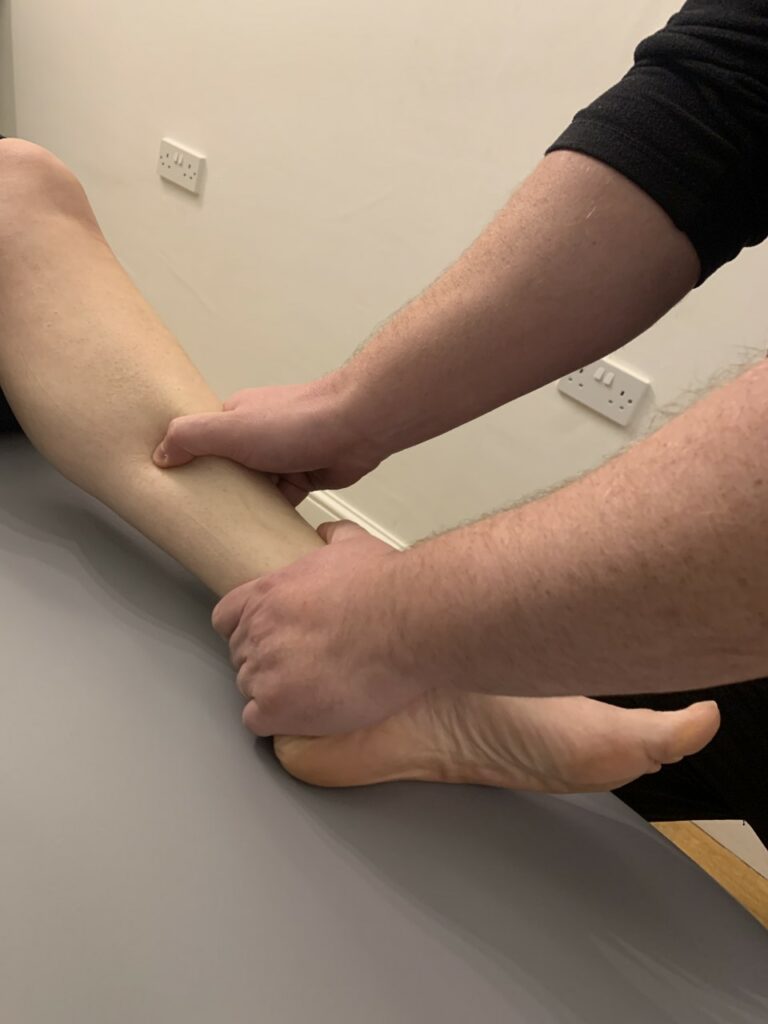Recovery after any workout or training is so important and is often overlooked, and running is no different.
Running is an intense form of exercise that challenges your whole body, from the cardiovascular side of things to your muscular endurance, not to mention your mindset! It is vital to make sure your body has chance to recover from a run to help avoid sustaining any injuries.

Warming up properly before you exercise is something we’ve all been told time and time again, and this stands for running too. Preparing your muscles for exercise is often overlooked but will reduce the injury risk from straining your muscles, getting cramps or other injuries. A warmup for running could look like steady cardio such as brisk walking or a slow cycle, or you could do a series of dynamic stretches or movements including lunges and jumping jacks.
Drinking plenty of water during your recovery is vital to replace the fluids lost through sweating. This also applies with restoring your electrolyte balance. Drinks that are good for this include coconut water, milk, sports drinks, and electrolyte infused water. You can also get electrolyte tablets to help with this. Foods that help are bananas, watermelon, and leafy green vegetables.
Nourishing your body with healthy foods will help with your recovery to ensure it is getting all the nutrients it needs. Protein will also aid with muscle recovery so you should try to get this into your balanced diet. Think of food as fuel for your body, if you fuel it with healthy foods then it will be able to keep running well for you!
A varied training routine will help with running. Cardio work will help to boost your cardiovascular system, meaning your heart and lungs can cope better when you go running. Strength training will improve the strength of your muscles meaning they are stronger to cope with the stress through them when running. Endurance training is a great way to improve your stamina ready for going running, especially for longer distances. Functional movements are a great way to get the body moving and used to day-to-day movements.

Sleep is crucial in recovery as it allows muscles to recover and cells to regenerate. It gives your CNS a chance to recover from the stresses and overload of training and aids the replenishment of energy stores.
Cooling down and stretching properly afterwards will help your body return to its natural state. Cooling down after a run will most likely be returning to a walk which will give your body chance to gradually recover and bring you back to a state of rest. Stretching is vital as it helps to reduce the build up of lactic acid and stretches the muscles out which will reduce tightness. Muscles that stay tight are more prone to injury risk. Stretching your muscles will also increase your mind to muscle connection which can help you identify if any areas need extra attention.
Foam rolling or massaging tight or sore muscles will help to bring them back to their natural state. Muscle knots or tension can feel uncomfortable and may lead to several other injuries, so taking the time to notice these and work on them will help to prevent further issues. Maintenance sports massages are a great idea for someone who regularly runs or exercises to keep on top of your muscles before any issues arise. Injury treatments can include shockwave therapy, dry needling, dry cupping, kinesiology taping and soft tissue therapy, all of which we offer here at tfd therapy.

Let us know if you have any questions about recovery for your running. If you notice any areas with tension or pain we will be more than happy to help!

